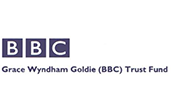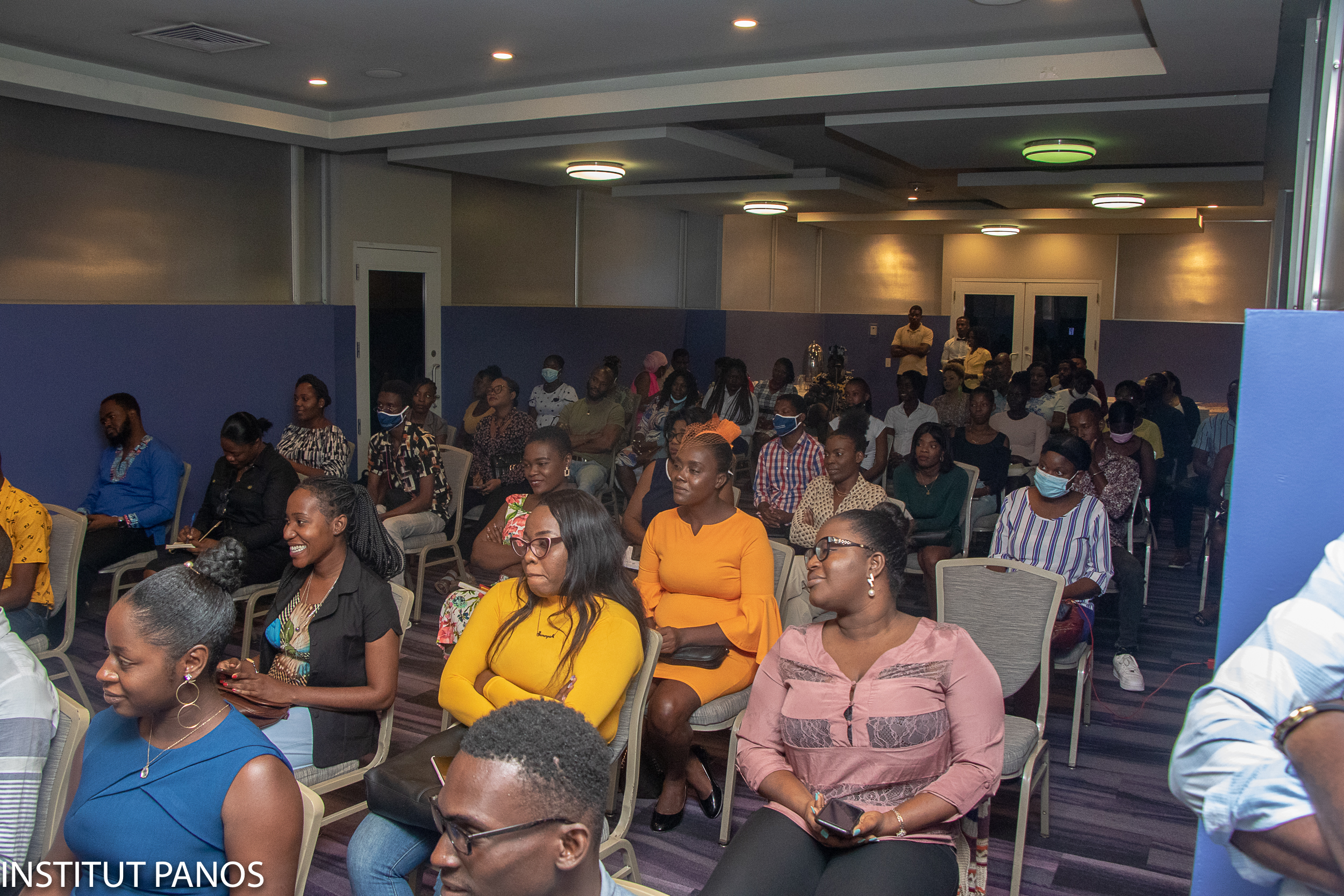Digital journalism project: Meet our partner and facilitators!
21st March 2023
We are pleased to announce our partner, the Namibia University of Science and Technology, and facilitators for our Digital & Investigative Journalism in Africa project. The project is scheduled to take place in Namibia in June 2023.
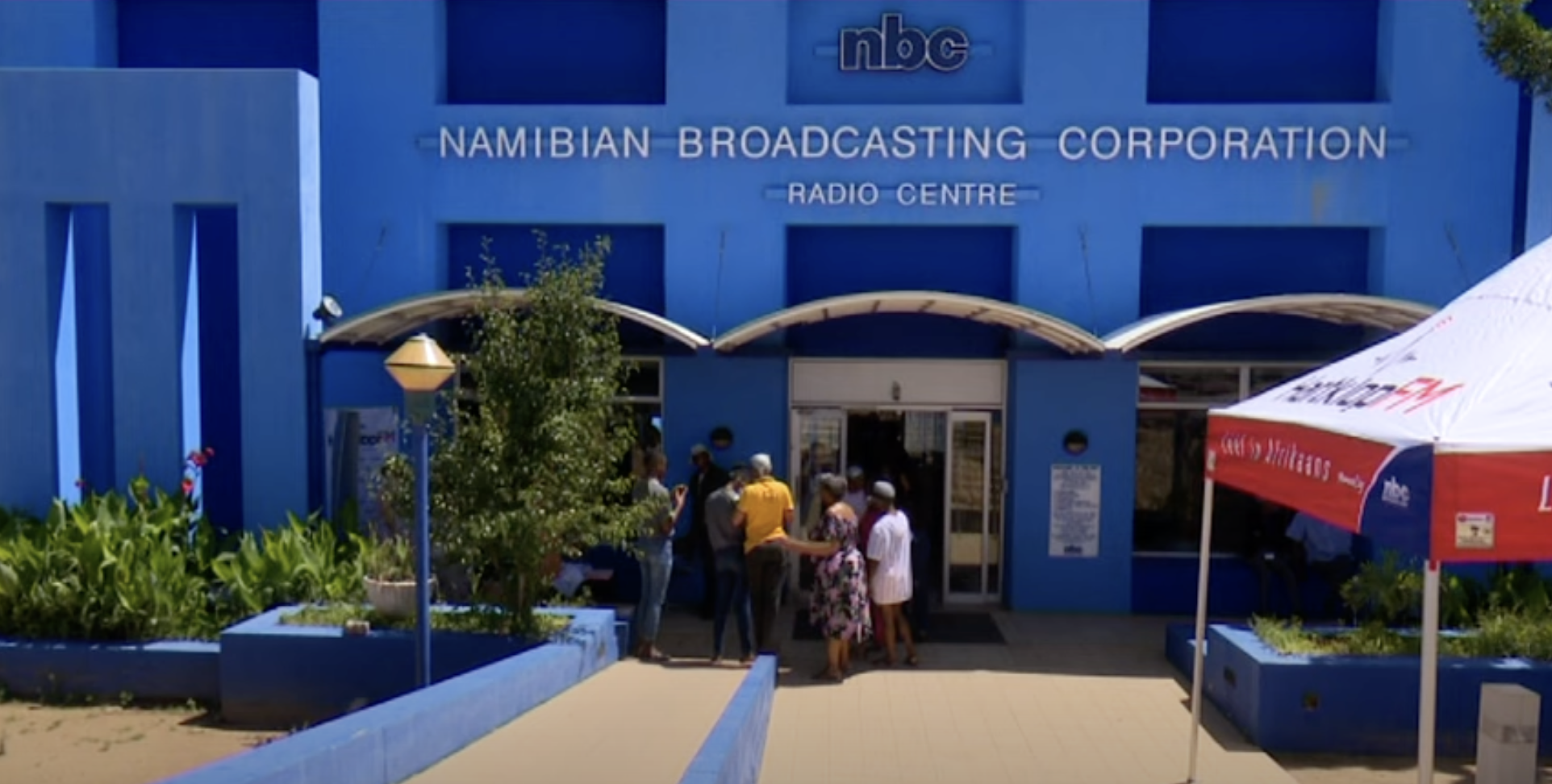
Established in 1996 but gaining university status in 2011, the Namibia University of Science and Technology (NUST) has been ranked as the best higher education institution in Namibia since 2002 and the most innovative institution or organisation in Namibia. NUST has also won numerous local and international awards.
Our upcoming project for Sub-Saharan African journalists is supported by The Grace Wyndham Goldie (BBC) Trust Fund and will be developed in partnership with NUST’s Faculty of Computing and Informatics (FCI). The Faculty is a leader in embracing technology changes and ensuring students are trained in current trends for smooth integration into their job roles. Its focus areas are Computing – which includes Computer Science, Communication Networks, Systems Administration, Artificial Intelligence, Cyber Security, Information Security, and more – and Informatics, which includes Business, Health, Web Informatics and Multimedia, Journalism and Multimedia Technologies. FCI offers a complete set of degree programmes comprising Bachelor’s, Honours, Master’s and Doctorate.
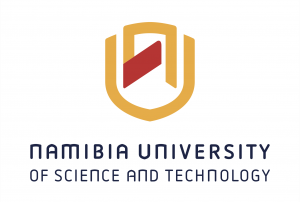
“The Namibia University of Science and Technology (NUST) values partnerships such as the one we have with Public Media Alliance (PMA),” said Dr. Hugh Ellis, Head of the Journalism & Media Technology Department at NUST. “Students and journalists stand to benefit from the applied nature of the training to be offered, as well as remaining cognizant of the current needs of the Journalistic profession and media Houses.”
The project will ensure that broadcast journalists in Sub-Saharan Africa stay abreast of the latest technology-driven investigative techniques, including different approaches to accessing information. They will acquire skills to protect themselves and their sources, particularly when communicating electronically and discerning fact from fiction.
Read more: Digital Journalism in Africa
MEET OUR FACILITATORS!
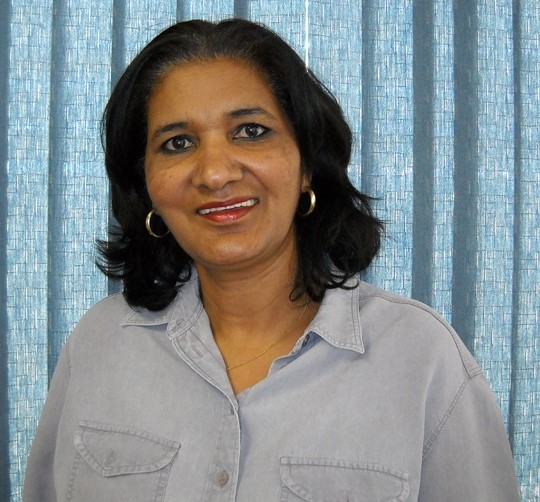
Workshop Facilitator
EMILY-MAY BROWN
Emily May Brown is a Journalism and Media Studies academic (now retired from full-time teaching). Media Law has always been one of her main areas of focus. She frequently participates in research projects – locally and regionally – especially to determine the quality of reportage, based on the extent to which gender is mainstreamed in the news. She served as the Chairperson of the regional organisation, Gender Links (Southern Africa) for 9 years, until her term of service ended in 2022. However, she remains a member of the Gender Links Association.
Project-based learning has always been the ‘fun’ part of her work – she coordinated four (annual) Regional Journalism Summer Schools for mid-career Journalists in the SADC Region, made possible through external funding. By serving as a media awards adjudicator – both locally and regionally – a real contribution is still made towards ensuring that journalists uphold the highest standards in their profession.
Establishing partnerships – locally and internationally – therefore, has always been of great significance, because it often gives rise to experiential learning opportunities for students. Apart from having been a recipient of a Fulbright scholarship, she was also the recipient of a grant from the Dorothea S. Clarke Chair in Feminist Jurisprudence, in the Law Faculty at Cornell University in Ithaca, USA.
Recent research papers presented at international conferences (in Poland and Kenya) focused on “Quality Assurance Measures for Journalism Programmes Compromised during the COVID-19 Pandemic” and “Taking stock of Journalism Education in relation to the Windhoek Declaration”.
Living in Namibia means she is an active community member. For example, she currently serves as the (proxy) Chair of the St George’s Diocesan School Council.
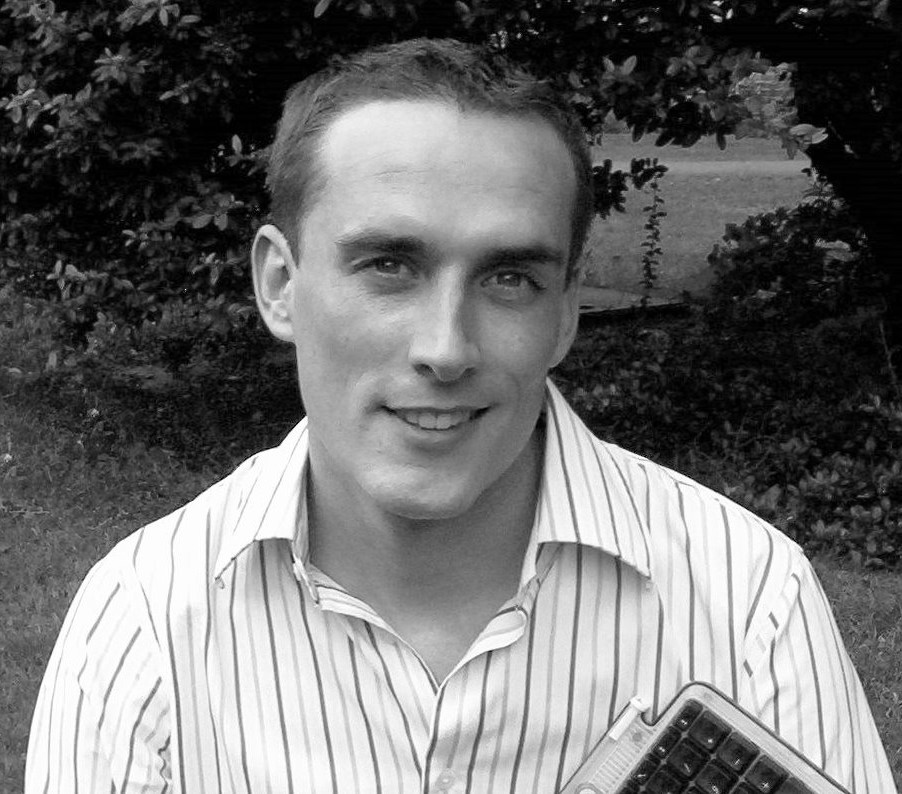
Workshop Facilitator
ROBERT FREEMAN
Robert Freeman is a journalist with over 25 years of experience in both digital and broadcast reporting. He is a lecturer in modern reporting techniques and practical media production at Goldsmiths, University of London, and Regents University. He trains reporters and producers in media innovation, AI and digital journalism topics at the BBC Academy, and business more widely in long-term trends, new product creation, and strategic planning.
Starting as a junior reporter with Radio New Zealand and TVNZ, Robert joined the BBC at the turn of the millennium as one of the founding journalists at its award-winning news website and later became a producer for the technology TV show Click. Other roles include Head of Multimedia at the UK news agency The Press Association, and when the Guardian newspaper and website moved into multimedia production Robert was appointed Editor, commissioning and managing video production.
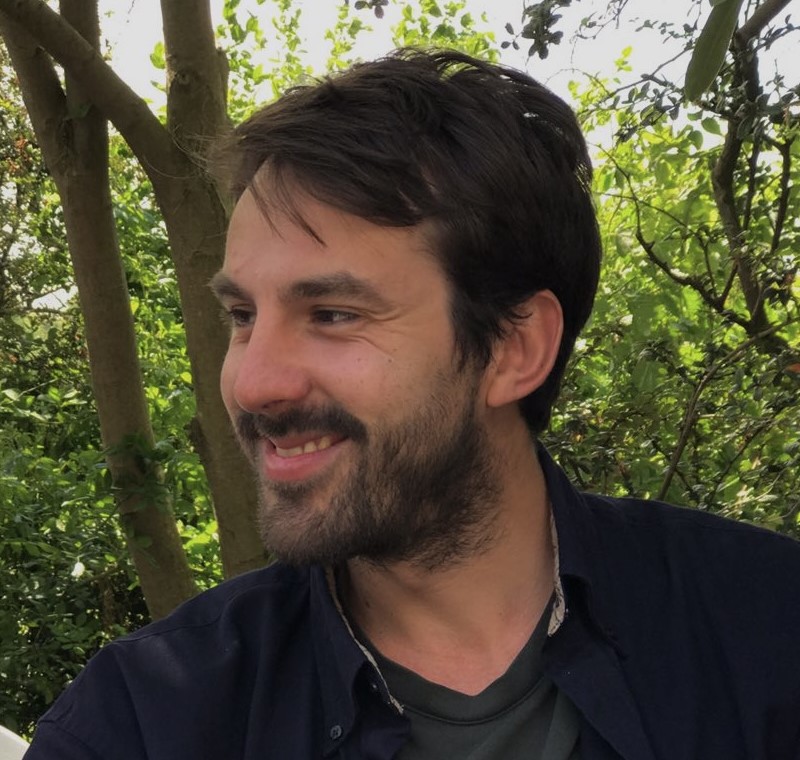
Toolkit Developer
GUY PORTER
Guy Porter has a background in digital investigation, data analysis and research for campaigning organisations Avaaz and Purpose, and training and development for the Centre for Investigative Journalism (CIJ) and Goldsmiths, University of London. Working across projects focused on digital threats to democracy, hate speech and climate mis/disinformation he uses open-source data, tools and methodologies that focus on supporting collaborative campaigns and investigations that make a difference. He holds an MSc Digital Journalism (Goldsmiths, University of London) and BA in History/History of Art (Nottingham University) and his research has been published in the UK, European and Australian press.
This project is kindly supported by The Grace Wyndham Goldie (BBC) Trust Fund.
